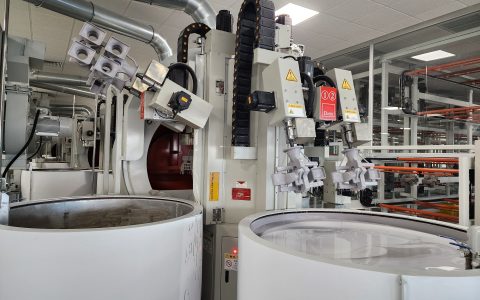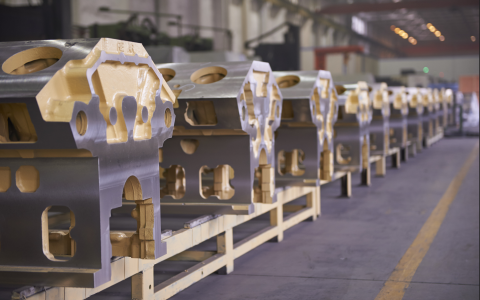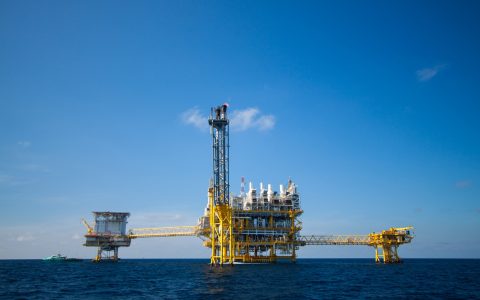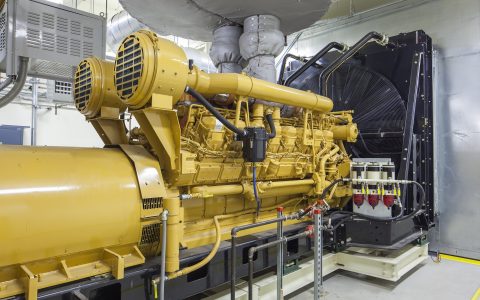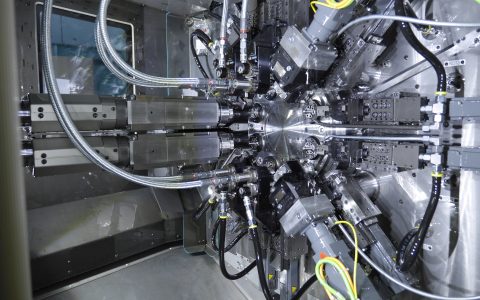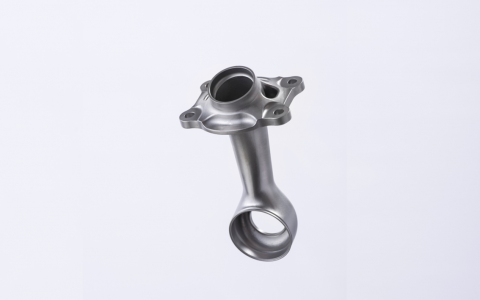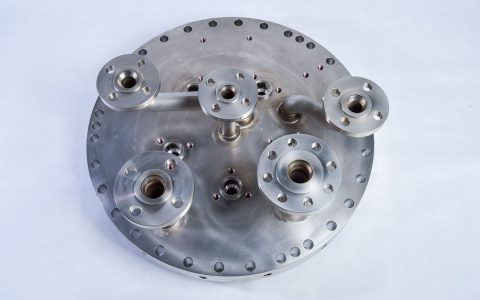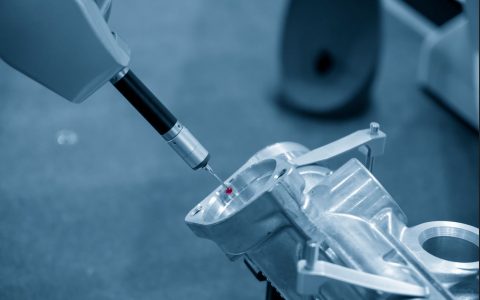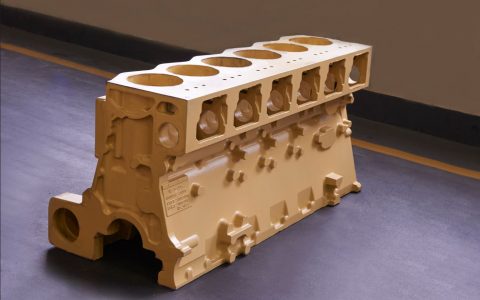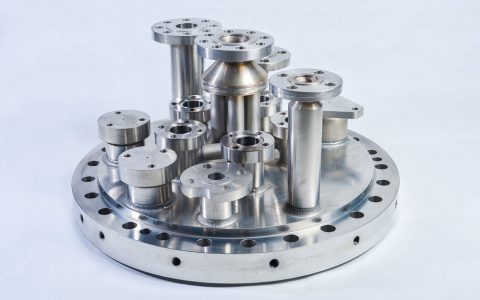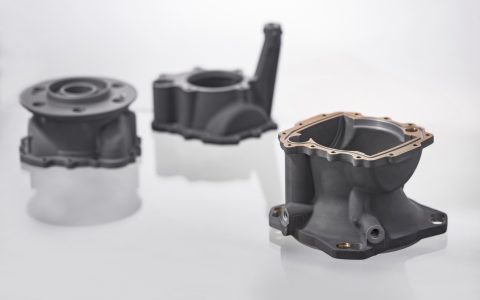Blog
An Introduction to Sand Cast Iron Engine Blocks
June 20th, 2023
Precision Machining for Oil & Gas Applications
June 15th, 2023
Sand Casting for Power Generation Equipment Applications
June 13th, 2023
Overcoming Common Challenges in Swiss Screw Machining
June 8th, 2023
Inconel® Investment Casting
June 6th, 2023
An Introduction to Making Gas Turbine Nozzle Assemblies
June 1st, 2023
Quality Control in Investment Casting
May 19th, 2023
Creating Internal Cavities in Sand Cast Parts
May 19th, 2023
Sand Casting for Commercial Vehicle Applications
May 9th, 2023
Precision Aluminum Investment Casting
April 26th, 2023
